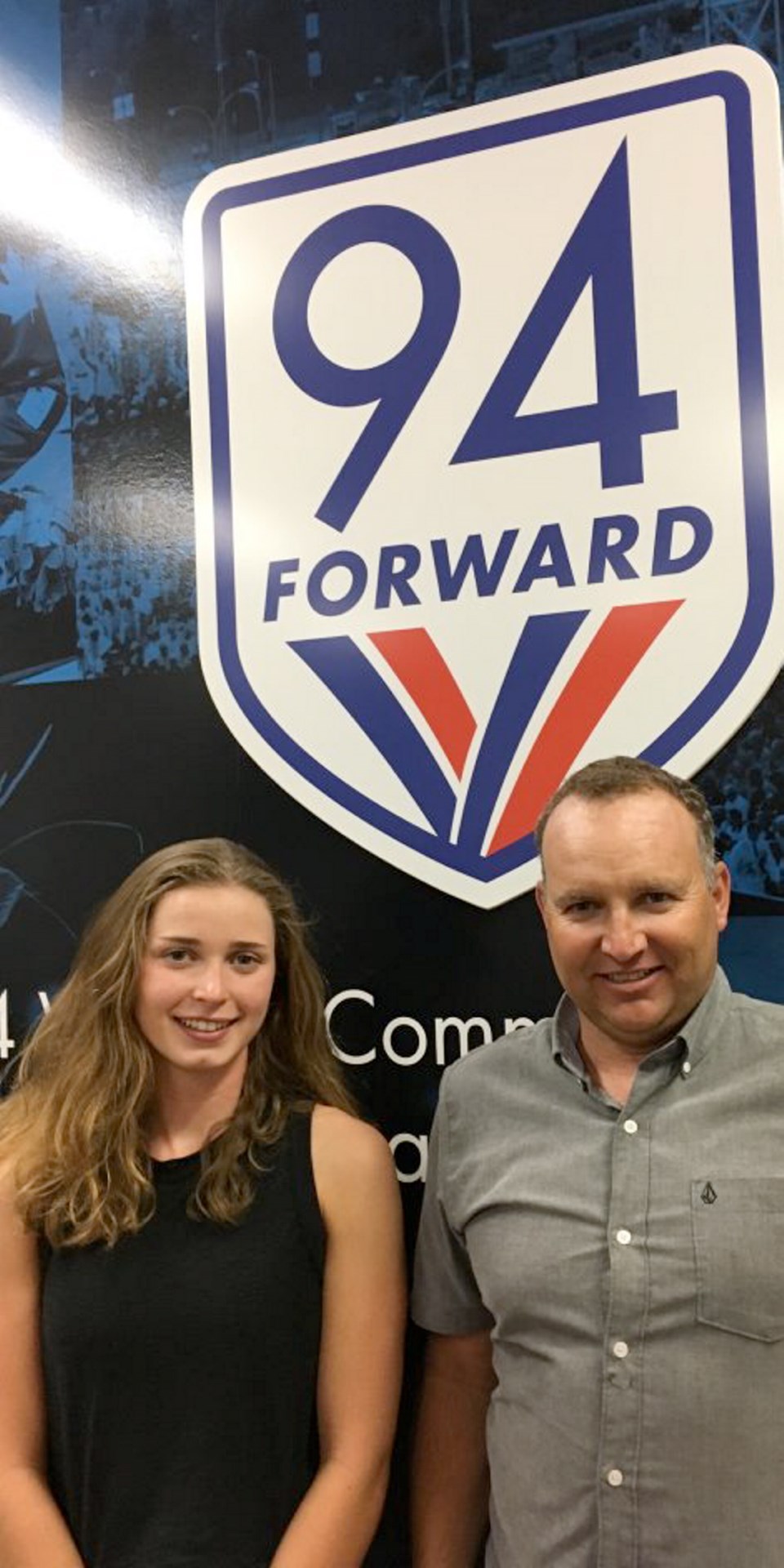Embattled Jono Hall has stepped down as head coach of Triathlon Canada’s national training centre in Victoria. He has been here since 2015, arriving highly regarded after leading athletes from his native Australia to Olympic, Commonwealth Games and world championship podiums.
Triathlon Canada said Hall’s resignation is in “no manner whatsoever related to the recent Safe Sport claims voiced in the community regarding his alleged breaches of Triathlon Canada’s code of conduct and ethics.”
The organization added that while “Hall was found to have contravened certain parts of Triathlon Canada’s code of conduct and ethics, following the conclusion of the independent investigation and disciplinary process in relation to his communication style and training accident protocols, all allegations of abuse, harassment and abuse of power were considered to be unfounded by the independent discipline panel appointed to hear the matter.”
Triathlete Matthew Sharpe of Victoria, who represented Canada in the recent Tokyo Olympics, left Hall to train with Lance Watson of Victoria, who guided Simon Whitfield to Olympic gold in 2000 at Sydney.
“I am disappointed the full report from the adjudicator was not released,” said Sharpe.
Hall admits his coaching methods aren’t appreciated by all athletes.
“My coaching style has always put the athletes at the centre of all decision making. I have done this with the best of intent and with honest feedback,” Hall said in a statement.
“This approach has not always been well received. However, I remain an advocate for honesty and transparency and I am proud of the work I have done in Canada and grateful for the messages of thanks I have received from athletes and parents over the years.”
Canada’s top competitior Tyler Mislawchuk, coached by Hall, had an outstanding World Cup season but cramped up in the recent Tokyo Olympics to place 15th.
“After a very challenging year that has been difficult on all of us, coaching virtually while navigating the pandemic, coupled with disappointing results at the Olympic Games, I have determined it is time to step away from coaching in Canada and return home to Australia,” said Hall.
It is the latest case in Canada where some coaching methods, considered merely ‘old school’ tough and demanding by their adherents, are being questioned by modern athletes.
“Attitudes have evolved for the better and athletes are less tolerant [of that style] now,” said Sharpe. “Athletes who are in a good state mentally will perform better. We are making things better for future generations.”
Triathlon Canada is granting Hall leeway.
“It is important for the Canadian triathlon community — and the sport community at large — to understand that not all behaviour that falls under what has been termed ‘safe sport’ is criminal and warrants the cost of someone’s career or reputation,” said Triathlon Canada president Peter McCrory, in a statement.
“As in other professional environments, there are many times where coaches — and all involved in sport, for that matter — should have the opportunity to address issues, and make corrections to improve. On behalf of the greater triathlon community in Canada. I want to thank Jono for his passion and commitment to growing our program.”



